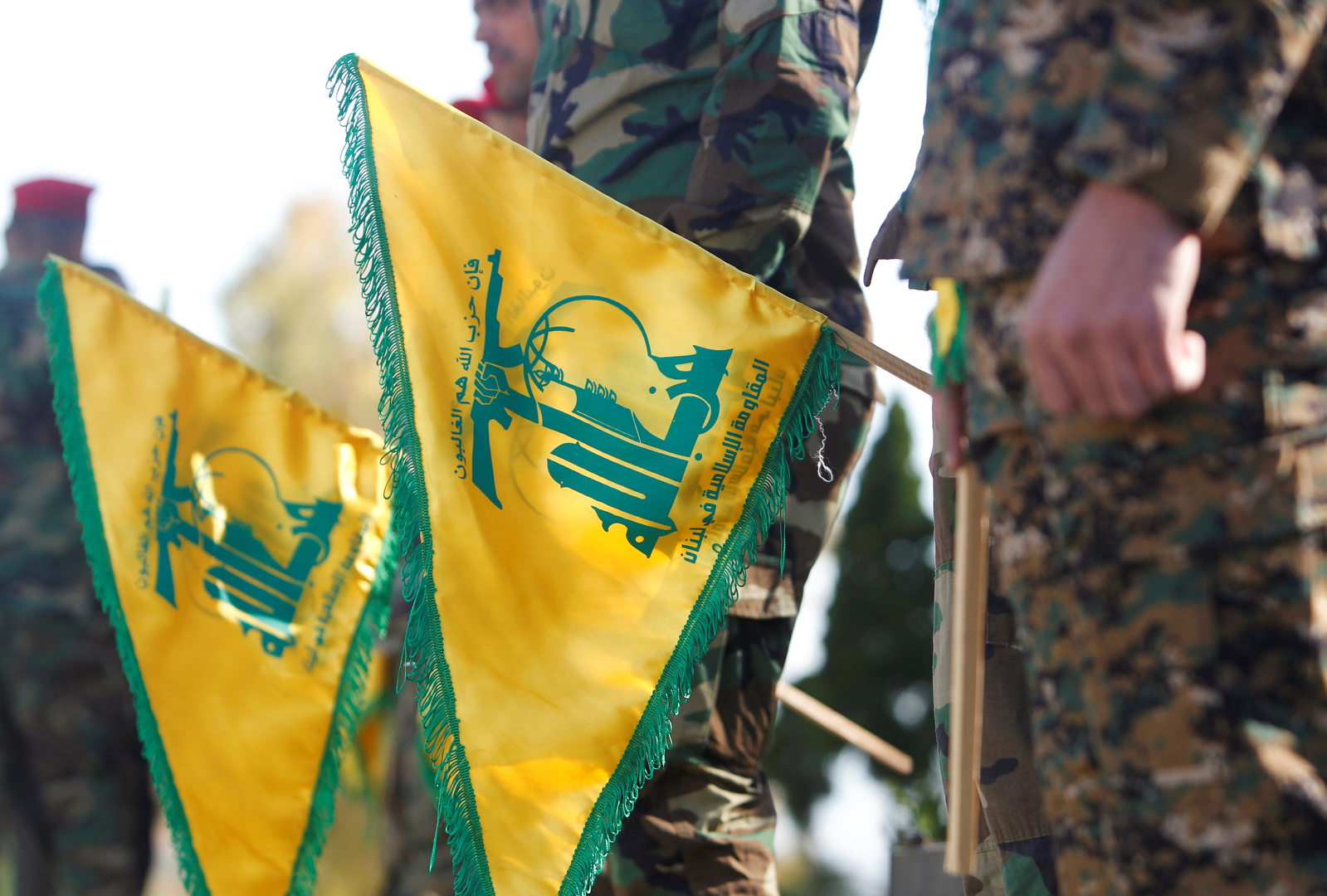Hezbollah Suspends Educational Support for Families of Martyrs Amid Unprecedented Financial Crisis

In a move reflecting an escalating financial crisis, Hezbollah has decided to suspend university educational grants for the children of its martyred members in various battles it has fought since its inception, according to media sources and observers.
The "Martyr Foundation" affiliated with the party informed the families of the martyrs of the decision to stop covering university fees at private universities, requiring students to enroll either in the Lebanese University or the Al-Maaref University affiliated with the party, with coverage limited to registration fees only.
The decision included the children of martyrs in all battles, starting from the conflict with Israel in the 1980s, through the July 2006 war, the events of May 7, 2008, to the Syrian war and the 66-day war with Israel last year.
The foundation used to allocate significant amounts annually to support families, allowing students to enroll in any private university of their choice. However, the new decision has shocked families, especially those whose children were studying at private universities.
According to Al-Arabiya/Al-Hadath, a mother who lost her husband in Syria in 2015 revealed that an official at the foundation told her: "The situation is difficult, and we are besieged, you must be patient to overcome this ordeal."
Another mother expressed the deterioration of her son's mental state after being informed of the support suspension, as he was studying at the Faculty of Health at the Arab University. Despite initial promises to review the situations of existing students, the party backed down from any exceptions.
The measures were not limited to university education but also extended to school education, where families can no longer choose schools, and education is now limited to schools affiliated with the party, such as Al-Mahdi and Al-Mabarrat schools.
Political analyst Marwan Al-Amin attributed these measures to "financial constraints" on the party, especially after the closure of the land route between Iran and Lebanon and the ban on Iranian planes landing at Beirut Airport since last February.
He explained that the party tried to compensate for the shortfall through indirect methods, such as channeling money through businessmen and smuggling crossings, but it was not enough to cover the expenses. Funding for projects linked to state contracts, from which it benefited through patronage networks, also declined.
Financial pressures have forced the party to adopt an "effective austerity plan," which included reducing spending in various sectors, including the military side, where fighters in remote areas were laid off to reduce housing and transportation costs.